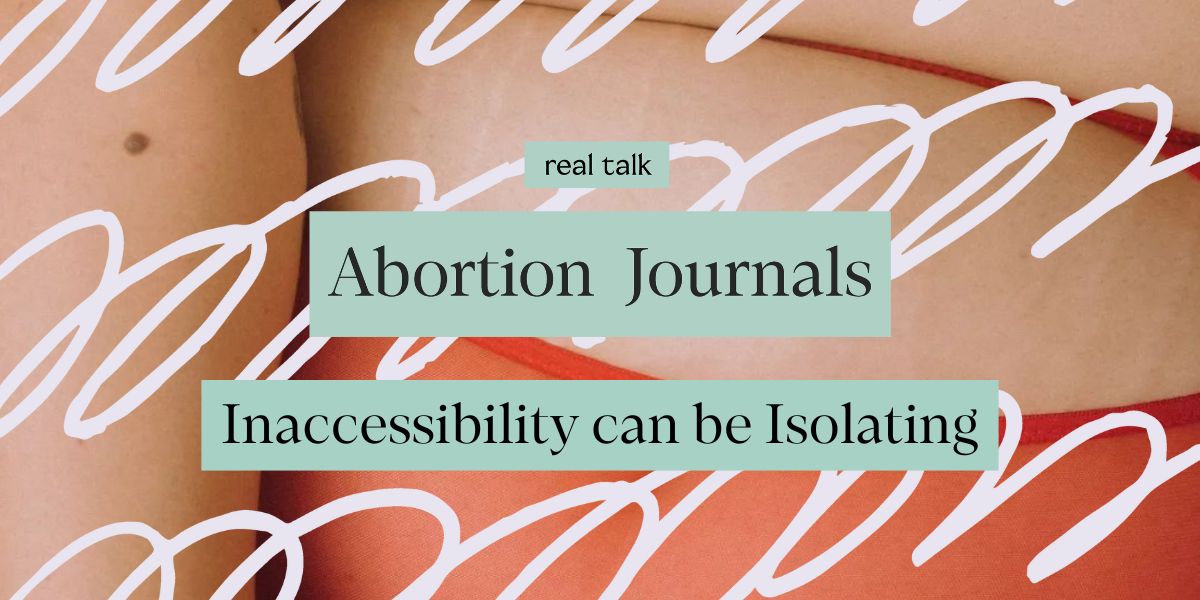Can I take prenatal vitamins when I’m not pregnant?

Prenatal vitamins are supplements designed to promote a healthy pregnancy by providing the extra nutrients necessary for your overall health and the baby’s development. However, should you take a prenatal vitamin if you’re not pregnant? Keep reading to learn more.
Can you take prenatal vitamins without being pregnant?
If you’re trying to conceive, it can be beneficial to start taking prenatal vitamins at least three months before becoming pregnant. Taking prenatal vitamins before you’re pregnant provides the foundation for a healthy pregnancy by providing the extra nutrients your body will need.
If you’re not trying to get pregnant, a healthy and varied diet will provide the majority of minerals and vitamins you need. If you aren’t thinking about having a baby, it’s unlikely that prenatal vitamins are the best option. Prenatal vitamins provide a larger amount of certain nutrients that are necessary during pregnancy, but the increased amounts may lead to issues if your body doesn’t need the supplemental nutrients. We suggest speaking with your primary care provider about what’s best for you. prenatal-multi-dha
What are prenatals used for?
Prenatal vitamins are intended to provide the nutrients needed for proper development during pregnancy. There are suggestions that other benefits, such as hair growth, can come from taking prenatal vitamins, but these claims are based upon correlations and have not been proven by the Federal Drug Administration (FDA).
Benefits of prenatal vitamins
Taking prenatal vitamins can aid in a healthy pregnancy and proper baby development. These are the primary benefits though you may see other benefits as well. Common ingredients in prenatal vitamins include:
- Folic acid to prevent birth defects impacting the brain and spinal cord
- Vitamin D to help develop bones, teeth, and kidneys
- Calcium to promote bone growth
- Vitamin C to help absorb iron
- Zinc to aid in the development of the baby
- Iron to promote healthy development
- Iodine to prevent stunted physical growth and mental disabilities
Many prenatal vitamins have iron to help reduce anemia, but taking too much extra iron can be harmful. The excess iron builds up in your body and can cause constipation and nausea.
If you have any dietary restrictions and are taking prenatal vitamins, you may also benefit from the additional nutrients that are associated with food outside of your diet. For example, if you’re lactose intolerant, you may benefit from the extra calcium and vitamin D as dairy is one of the best food sources for these nutrients. If you’re vegan or vegetarian, you may benefit from iron that you don’t get from eating meat and animal products.
Keep in mind there are ways to adjust your diet and have enough nutrients without taking prenatal vitamins. It’s a matter of building awareness around how you get the nutrients you need. However, if you’re trying to conceive, talk to your primary care provider about which prenatal vitamin they think is best for you. pregnancy-prep-combo
Prenatal vitamins for hair growth
Some notice that their hair growth increases when they take prenatals that include biotin, a nutrient that’s part of the vitamin B family. There isn’t enough evidence that prenatal vitamins are responsible for hair growth in these cases. Don’t take prenatal vitamins if your primary goal is hair growth. Instead, chat with your primary care provider about other ways to support hair growth.
Prenatal side effects when not pregnant
Like in anything, too much of a positive thing can become a negative. If your body can’t use all of the nutrients in your prenatal vitamins, the vitamins and minerals build up and can do damage to your system.
If there’s too much calcium in your blood, kidney stones may form. This build-up can also lead to problems with the functioning of your heart and your brain. Too much iron can cause constipation. If the problem persists, there is the possibility of organ damage. Pay attention to the ingredients in your prenatal vitamins and find out what can happen with too many nutrients in your system. In most cases, if any side effects occur, the side effects of taking prenatal vitamins are minimal, however, in large quantities can lead to life-threatening conditions. Common side effects include stomach sensitivity and headache.
Symptoms of a vitamin overdose include, but are not limited to:
- Vomiting
- Constipation
- Muscle pain
- Weight loss
- Changes in your period
If you are experiencing any of these side effects, consult with your primary care provider. The symptoms can be signs of larger problems to come.
Should you take prenatal vitamins if you aren’t pregnant?
In most cases, it isn’t necessary or advisable to take prenatal vitamins when you aren’t pregnant and aren’t thinking about becoming pregnant. There may be some circumstances where this isn’t the case, but usually, a general multivitamin would be enough if you need a supplement at all. Most nutrients should come from your diet and we suggest asking a medical professional about whether or not you should take supplements.
Why take prenatal vitamins?
Take prenatal vitamins if you’re trying to get pregnant, are already pregnant, or are breastfeeding. If this isn’t your situation, speak with your primary care provider about whether prenatal vitamins are the right supplement for you.
What factors should go into your decision?
Your body needs certain nutrients to function efficiently and your diet needs to provide the proper balance. There are health conditions that can impact the number of nutrients necessary to run efficiently, so it is important to discuss any concerns with your primary care provider so they can help you find the right supplement for you and your specific health concerns.
However, like in anything, it’s important to find balance. Your diet might not provide enough of certain nutrients without some sort of supplement, but it’s important to avoid taking too much as well. It can be confusing to find the proper balance of nutrients without consulting a nutritional expert.
If you have questions about which supplements are appropriate for your situation, speak with your primary care provider.
Keep Reading

Why prenatal vitamins are important for prenatal development
Mar 8

The definitive guide to prenatal vitamins
Aug 13

When should I start taking a prenatal vitamin?
Mar 10










